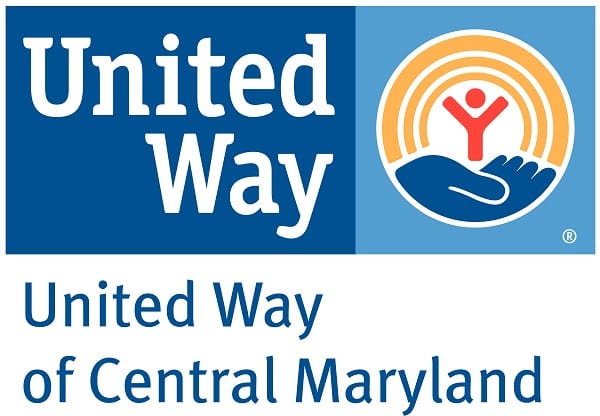BALTIMORE COUNTY, MD—In the latest effort to strengthen the safety net for families suffering economic losses as a result of the pandemic, Baltimore County and United Way of Central Maryland have partnered to help prevent evictions in vulnerable communities through the Strategic Targeted Eviction Prevention (STEP) pilot program.
The first-of-its-kind effort in Maryland, Baltimore County’s STEP pilot program provided $4 million in rental assistance to 935 households across Baltimore County.
“We are doing all we can to promote housing stability and support families who are struggling with their rent, which is especially important during the economic recovery from the COVID-19 pandemic,” said Baltimore County Executive Johnny Olszewski. “Thanks to this innovative partnership with United Way of Central Maryland, we will be able to move quickly to help families in need.”
“Our data showed that 30-40 million renters nationwide faced the possibility of eviction at the end of 2020. This partnership with Baltimore County is allowing us to target the most vulnerable households in our communities,” said Franklyn Baker, president and CEO of United Way of Central Maryland. “With continued layoffs and the cumulative effects of financial disruptions, this program comes just in time to help us keep more families in their homes and to continue our fight for stable, secure housing for all.”
Funded through a combination of state and local CARES Act Coronavirus Relief Fund (CRF) dollars, Baltimore County’s STEP program provides between three to nine months of past-due rent for vulnerable households with seniors and/or children who have lost income due to the COVID-19 pandemic.
Unlike traditional rent relief programs, which require tenants to apply individually the STEP program bundles large numbers of past-due accounts for preventing evictions in bulk. To maximize impact, the Strategic Targeted Eviction Prevention pilot focused on large Class C and D apartment complexes, which typically involve households most at risk of eviction.
The County and United Way of Central Maryland used local data to target Baltimore County communities facing structural poverty and have the highest risk of housing instability, food insecurity, and impact from reported COVID-19 cases. The pilot program is focused on ZIP codes in Essex, Halethorpe, Dundalk, Parkville, Gwynn Oak, Windsor Mill, Owings Mills, Middle River, and Rosedale.
As a result of combined outreach efforts, United Way of Central Maryland and Maryland Multi-Housing Association (MMHA) recruited 23 management companies with 91 properties in the priority ZIP codes to participate in the pilot program. In order to participate, landlords agreed to forgive 20 percent of the past due rent, waive all fees and costs, and dismiss already filed eviction complaints.
In December, qualifying tenants residing in properties participating in the STEP pilot were invited to apply for relief. By February 18, the STEP program was able to provide $4 million in rental assistance to 935 households.
As the largest non-profit funder of eviction prevention in the state of Maryland, United Way of Central Maryland currently funds and operates a 14-site eviction prevention and family stability program, which provides $1.2 million in eviction prevention funding annually. Amid the COVID-19 pandemic, United Way of Central Maryland has helped prevent evictions through the STEP pilot program, as well as its Family Stability, 211 Emergency Assistance, Relocation (Baltimore City), and Rent Forgiveness programs.
Based on the availability of future funding from federal and state leaders, Baltimore County and United Way of Central Maryland will assist with replicating the STEP pilot program in other communities in Baltimore County and across the state of Maryland.


